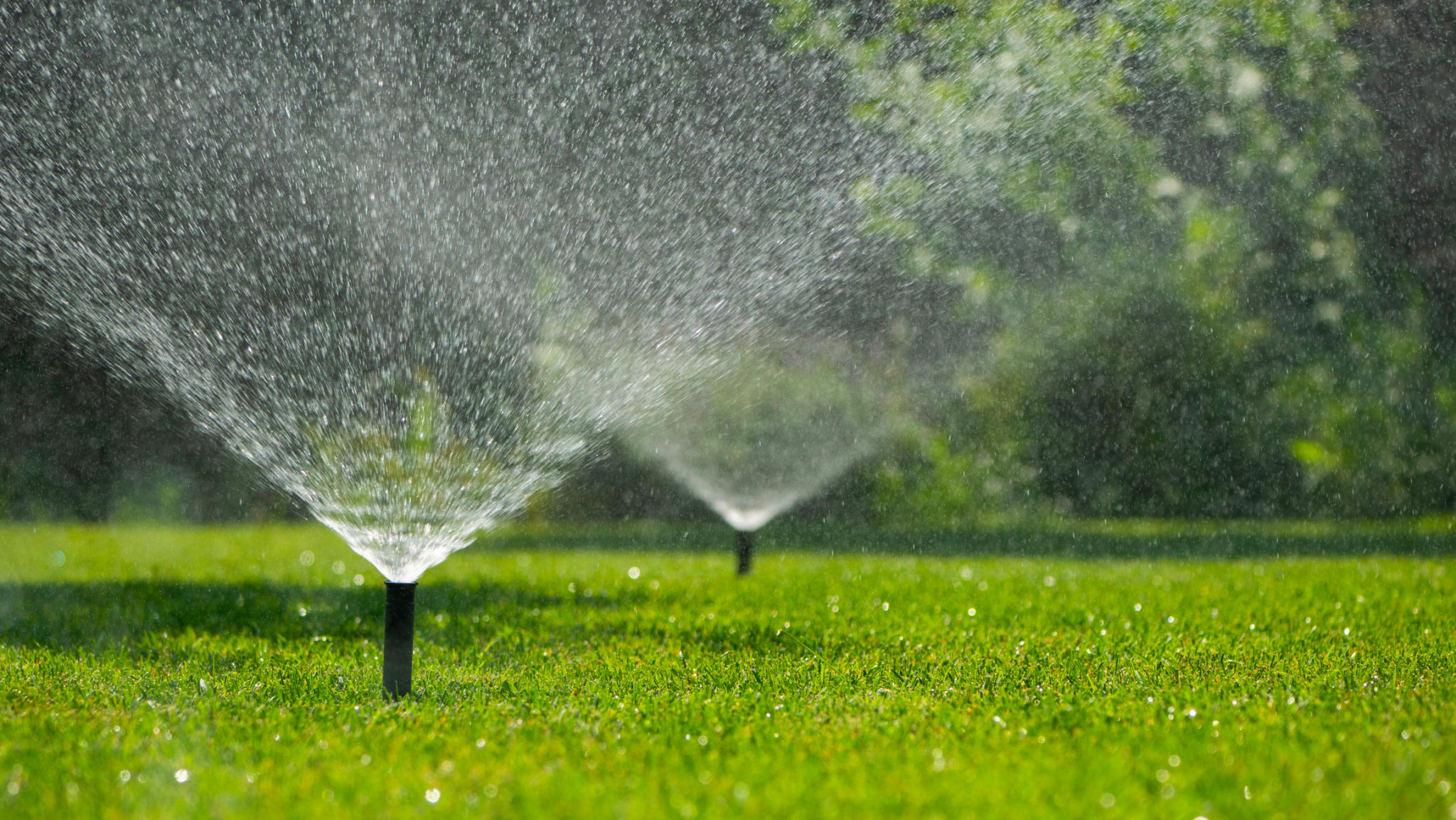Maximizing Crop Yield: Effective Strategies for Farmers
Understanding Soil Health
One of the foundational aspects of maximizing crop yield is maintaining good soil health. Healthy soil is rich in nutrients, has good structure, and supports a diverse ecosystem of microorganisms. To improve soil health, farmers should regularly test their soil to understand its nutrient content and pH levels. This information can guide decisions on fertilizer application and crop rotation, ensuring the soil remains fertile and productive.

Implementing cover crops is another effective strategy to enhance soil quality. Cover crops, such as clover or rye, can help prevent soil erosion, improve water retention, and add organic matter back into the soil. This practice not only boosts soil fertility but also prepares it for the next planting season.
Precision Agriculture Techniques
With advancements in technology, precision agriculture has become a game-changer for maximizing crop yields. By utilizing GPS technology, farmers can map their fields with great accuracy and apply inputs like water, fertilizers, and pesticides precisely where they are needed. This not only optimizes resource use but also reduces waste and environmental impact.

Drones and satellite imagery are increasingly used to monitor crop health and identify areas that require attention. These tools provide real-time data on plant growth and help farmers make informed decisions about irrigation, pest control, and harvesting schedules.
Efficient Water Management
Water is a critical resource for agriculture, and efficient water management is essential for maximizing crop yields. Implementing irrigation systems such as drip or sprinkler methods can significantly increase water use efficiency. These systems deliver water directly to the plant's root zone, minimizing evaporation and runoff.

Farmers should also consider scheduling irrigation based on weather forecasts and soil moisture levels. Smart irrigation systems equipped with sensors can automatically adjust watering schedules based on real-time data, ensuring crops receive the optimal amount of water.
Disease and Pest Management
Managing diseases and pests effectively is crucial for protecting crops and maximizing yields. Integrated Pest Management (IPM) strategies combine biological controls, cultural practices, and chemical methods to manage pest populations sustainably. Regular field scouting and monitoring can help detect pest problems early, allowing for timely interventions.
Using resistant crop varieties is another effective strategy to mitigate the impact of diseases. Plant breeders are continually developing new varieties that are resistant to common pests and diseases, providing farmers with more options to protect their crops.
Optimizing Nutrient Management
Nutrient management plays a vital role in enhancing crop yield. Farmers should develop a nutrient management plan that considers the specific needs of their crops and the existing nutrient levels in their soil. Applying fertilizers at the right time and in the right amounts can lead to healthier plants and higher yields.

Additionally, adopting organic farming practices such as composting and using manure can improve soil fertility naturally. These practices contribute to a more sustainable farming system while maintaining high productivity levels.